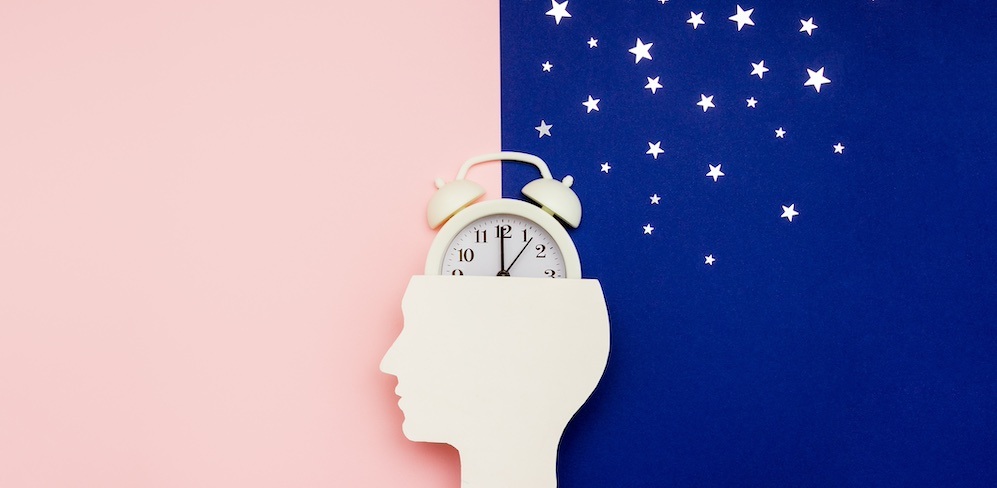As part of UK DRI’s increased commitment to ECR career development, the discovery stream will now run twice a year, with up to 12 awards available annually. UK DRI has also begun to implement grant writing workshops which are available to all potential applicants. Successful awardees will also have the opportunity to take part in EMBO’s prestigious Lab Leadership courses, which aims to equip researchers with the skills needed to run an independent research programme.
Dr Bradley Roberts, UK DRI Science Review Manager, said:
“Congratulations to the ECRs who have been awarded funding in this latest round of the Pilot Award Programme. We were impressed by the exceptional quality and diversity of applications received, showcasing the broad range of focus areas across the institute, and we look forward to seeing how these new awarded projects advance the field. In recognition of the programme’s significant impact to date, we’re delighted to be able to increase our commitment to this intramural funding programme, running it twice per year and with additional wraparound support for applicants and awardees.”
The projects awarded funding in rounds 6 and 7 are as follows:
UK DRI Pilot Awards – Discovery Stream
- Daniel Maddison (Avezov Lab), Developing expansion microscopy of human brain tissue to assess intracellular ultrastructure in the ageing and diseased brain
- Sonia Garcia Ruiz (Ryten Lab), Investigating the extent and impact of splicing noise in Alzheimer's disease using genome-wide short- and long-read RNA-sequencing
- Sarah Carpanini (Morgan Lab), Determining the role of complement in driving T-cell responses in Alzheimer’s disease
- Sophie Morse (Morse Lab), Ultrasound microglial modulation – Harnessing focused ultrasound technology against Alzheimer's disease
- Joy Ismail (Marzi/Matthews Labs), Profiling cell type-specific histone acetylation changes in striatum of patients with Parkinson’s
- Rebecca Casterton (Mizielinska Lab), Investigating neuronal cell cycle re-entry in C9ORF72 ALS/FTD
- Aina Badia (Brancaccio Lab), Targeting broken clocks in Alzheimer's disease
- Maria Weinert (Skene Lab), Manipulating microglia states with transcription factors for neuroprotection in Alzheimer’s disease
- Alyssa Miller (Ule Lab), The role of nuclear speckles in the mutual homeostasis of aggregation-prone proteins
- Nurun Fancy (Matthews Lab), Investigating the role of LRRK2 in microglial senescence in neurodegenerative diseases
- Maria Sabina Cerrullo & Francesca Chaloner (Barnes Lab), Developing a closed-loop, non-invasive, bioelectronic stimulation system to target amyloid-related pathophysiology
- Sara Wong (Wisden Lab), Loss of REM sleep: a biomarker for amyloidosis?


